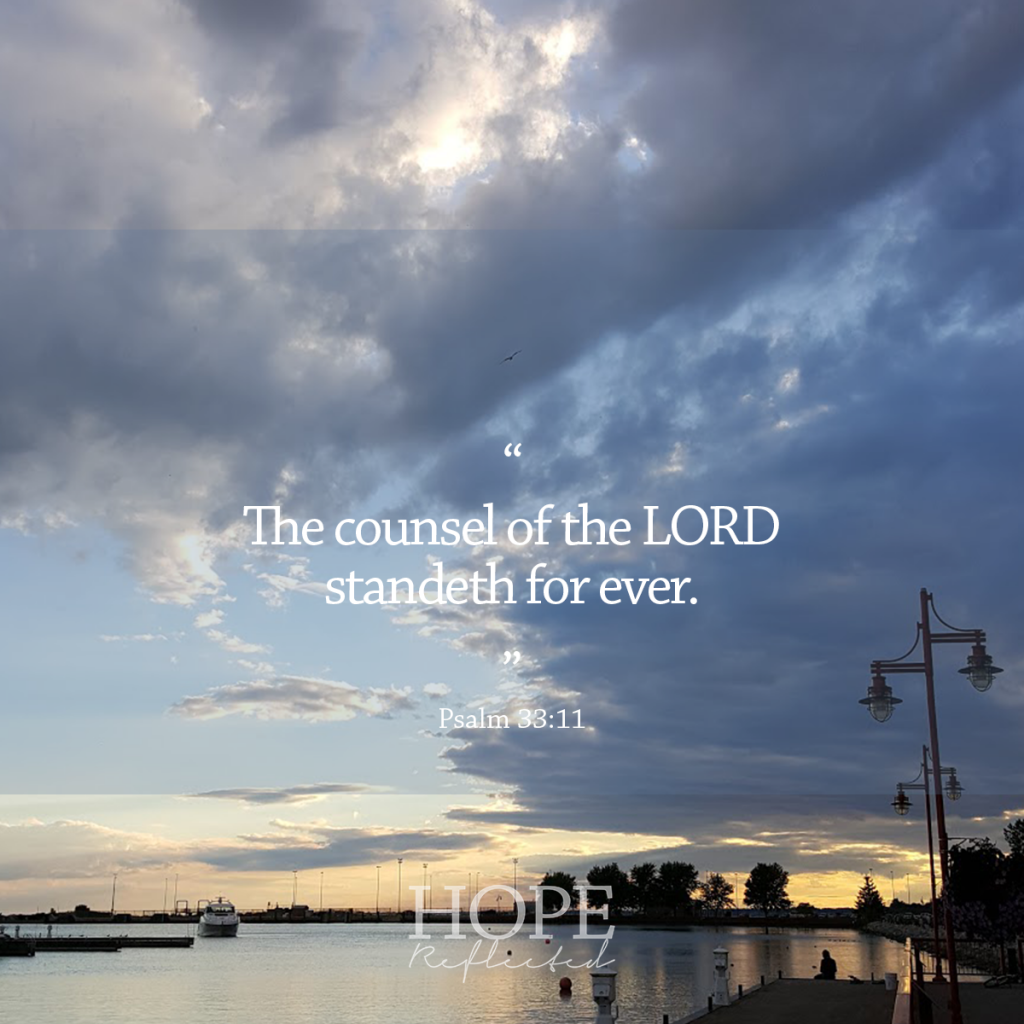We learn great lessons from Biblical history
Written by H, Posted in Christian Living, Published Work

First and second Kings, found in the Old Testament, record the details of the Kings of Israel and Judah, and it is here that we read about the lives of multiple leaders and what happened when they chose – or chose not to – follow after the Lord. Two examples of Kings who chose not to follow the Lord are Zimri and Ahab. In 1 Kings 16, it’s documented that King Zimri reigned for merely a week, while King Ahab’s reign lasted for 22 years.
Why would the Bible chronicle such extreme examples of evil, back to back? It is in Biblical history that we learn great lessons. 1 Kings 16 is a great reminder that – even when we don’t understand and we can’t see the big picture – God is in control. “I have made the earth, the man and the beast that are upon the ground, by my great power and by my outstretched arm, and have given it unto whom it seemed meet unto me.” (Jeremiah 27:5). Whether seven days or more than twenty years, God is sovereign and He is in control.
Biblical history reminds us that God’s counsel stands
When you’re worried, anxious, and discouraged, remember this: Feelings come and go. In the ups and downs of your emotions, you can rest in the Lord, who doesn’t change and whose counsel stands (Mal. 3:6, Prov. 19:21). During times of uncertainty, you can take God at His Word. “The counsel of the LORD standeth for ever, the thoughts of His heart to all generations.” (Psalm 33:11)
When you don’t understand what’s happening or why the Lord is allowing a tough trial or a season of sadness, remember this: Our thoughts are finite, and we serve a God who is infinite. His thoughts are higher than our thoughts, and His ways are higher than our ways (Isaiah 55:8-9). His hand holds every living soul and the breath of every man (Job 12:10).
When you’re wondering what the purpose is of someone who’s done you wrong, or you feel like everyone’s against you, remember this: Though it makes us uncomfortable to consider, God formed not only the light, but the darkness, too (Isaiah 45:7). Your labours and longing are not in vain, and – in the good times and bad – Christ calls us to be steadfast, unmoveable, and always abounding (1 Corinthians 15:58).
The only way to be at peace is to cling to the One who is in control. The only way to get through all life’s changes is to cling to the One who never changes. The only way to get through the trial is to cling to the One who is Judge over all. The only way to be unmoveable is to cling to the One who controls all movement.











![False friends or counterfeit kindness; whatever you want to call it, the world is filled with people who will say one thing to your face and then another behind your back; people who will woo you in order to get something from you.
It’s sad, but it’s true.
The Bible provides us with examples from Joab to Judas, and yet, we’re surprised when we find ourselves deceived and hurt by someone else.
So what are some of the hallmarks of a true friend?
You can read more about this on hopereflected.com [Link in profile]
.
.
.
#friends #friendship #kindness #counterfeitkindness #hurt #proverbs #truefriends #hopereflected #blog #blogpost](https://www.hopereflected.com/wp-content/plugins/instagram-feed/img/placeholder.png)